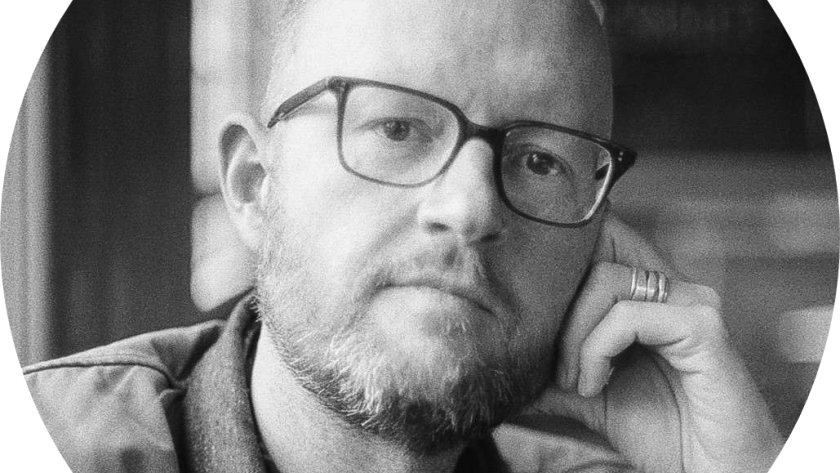James Carlstrand summarises a lively and insightful workshop with The Telegraph’s film critic Tim Robey
On a cold Thursday evening back in November the Film Society was granted a warm and enlightening conversation with film critic Tim Robey. He is best known for his long running career at The Telegraph and is the author of the upcoming book Box Office Poison, a chronology of Hollywood’s box office flops ranging from famed racist filmmaker D.W. Griffith’s Intolerance to 2019’s CATS (it’s hard to tell which one was the greater affront to humanity).
Robey offered his perspective on the role of the film critic in a changing landscape along with his personal experiences which would provide valuable guidance for anyone aspiring to work in the field. Perhaps the key theme Robey touched on was authenticity as he warned against the “self-consciousness” of trying to “stand out from the herd too much” that blights many young writers. He discussed how such attitudes can produce poor writing burdened by the weight of expectation and trying to prove oneself too much. Instead, Robey encouraged staying true to your own voice while also remaining malleable and responsive to the needs and gaps of such a variable industry. He described one of the “worst crimes” when pitching to an editor was to be too vague but not far behind that was also to be too niche.
One of his main tools in carving his way through the industry was his ability to play in different fields but interestingly he said at times he can be a “generalist to a fault”. Robey also offered insightful, if somewhat lamentable, perspectives on how film journalism has changed in recent years as he described how the digital birth of instantaneous reactions and a fast-paced news cycle has rendered criticism far more “chaotic” than it once was, and faced with the “ugly, ugly, noise” of social media reactions and toxic fandoms. Surprisingly, or perhaps not surprisingly considering its recent moves under Elon Musk, he stated many of his colleagues have been relinquishing Twitter, a tool once thought invaluable for modern day journalism, as a pointless “time-suck”.
Beyond this we were also granted a revealing, and thoroughly de-glamourised portrait, of the film critic’s daily routine as Robey offered up evocations of rushed 6am starts, the relentless pace of film festivals, the frustration of waiting on tardy stars to conduct interviews, and the difficulties of “tussling” with his editor. In one of the most candid moments of the workshop we were told of his struggles writing a piece surrounding Kevin Spacey’s sexual assault trial, a piece he feels he was given partly due to his sexuality, and the disagreements he experienced with his editor over the narrative thread his piece should follow.
The workshop, and Robey’s varied views and experiences, offered an illuminating depiction of a sometimes-opaque industry which would have been helpful and uplifting to any aspiring critics in the audience. It highlighted the difficulties and pitfalls that anyone aspiring to work in such a field would face, but that integrity and a personal voice along with inspiration and perspiration would aid anyone looking for success. Tim Robey proved a jovial, sincere, and magnanimous individual and the film society would like to thank him for offering us his invaluable time and his invaluable insights.




